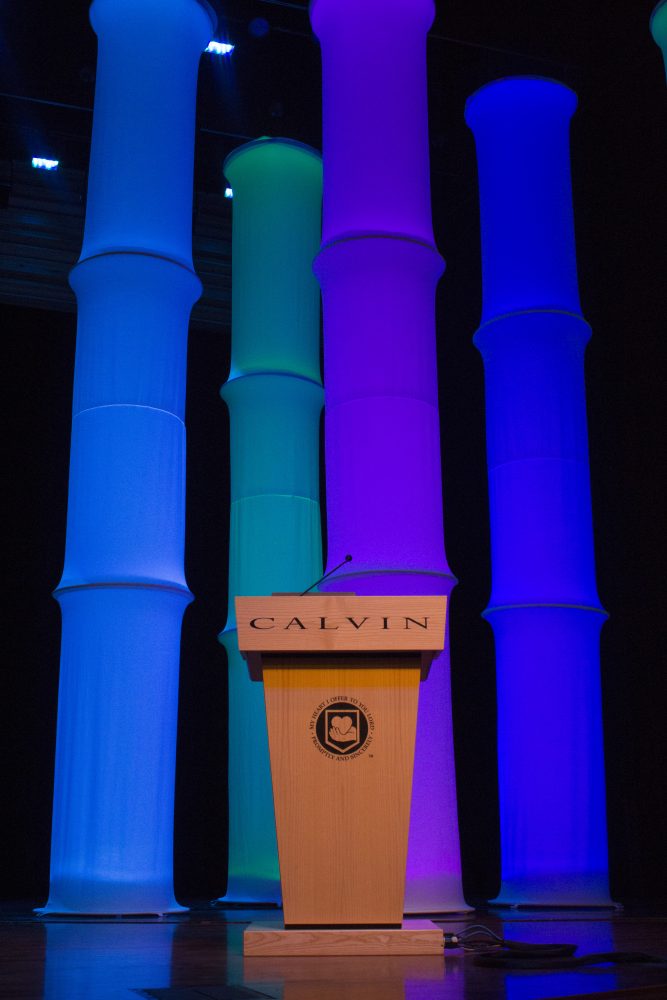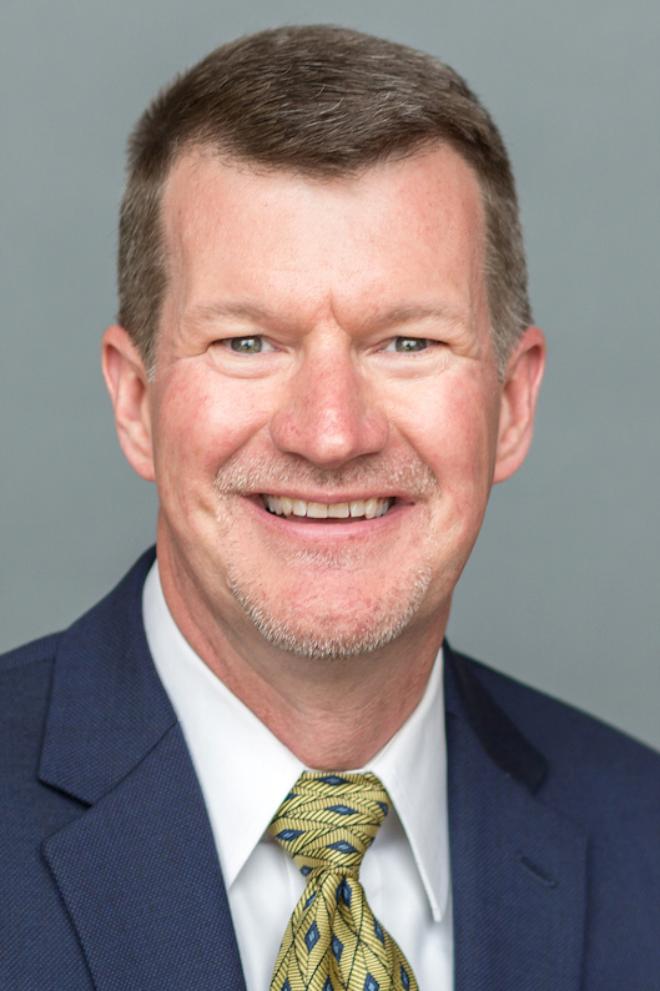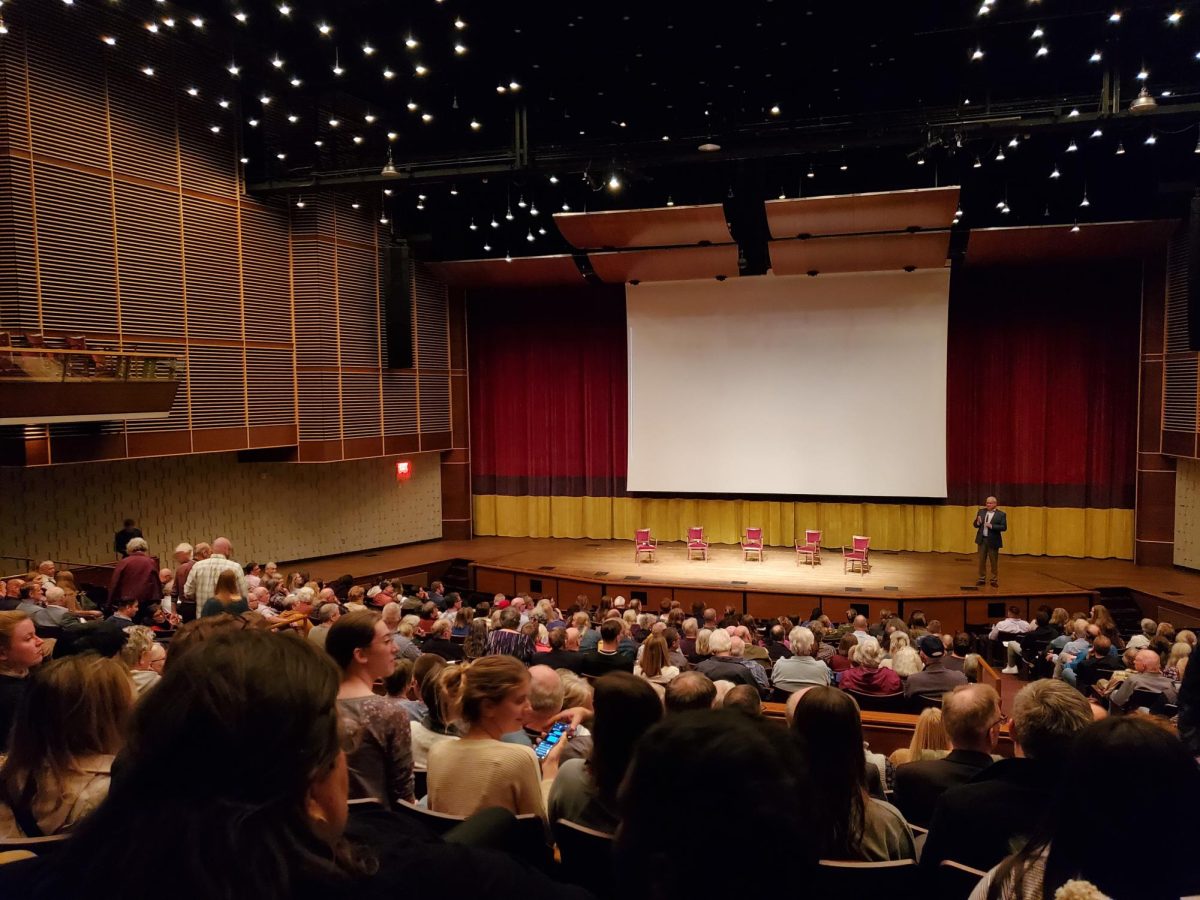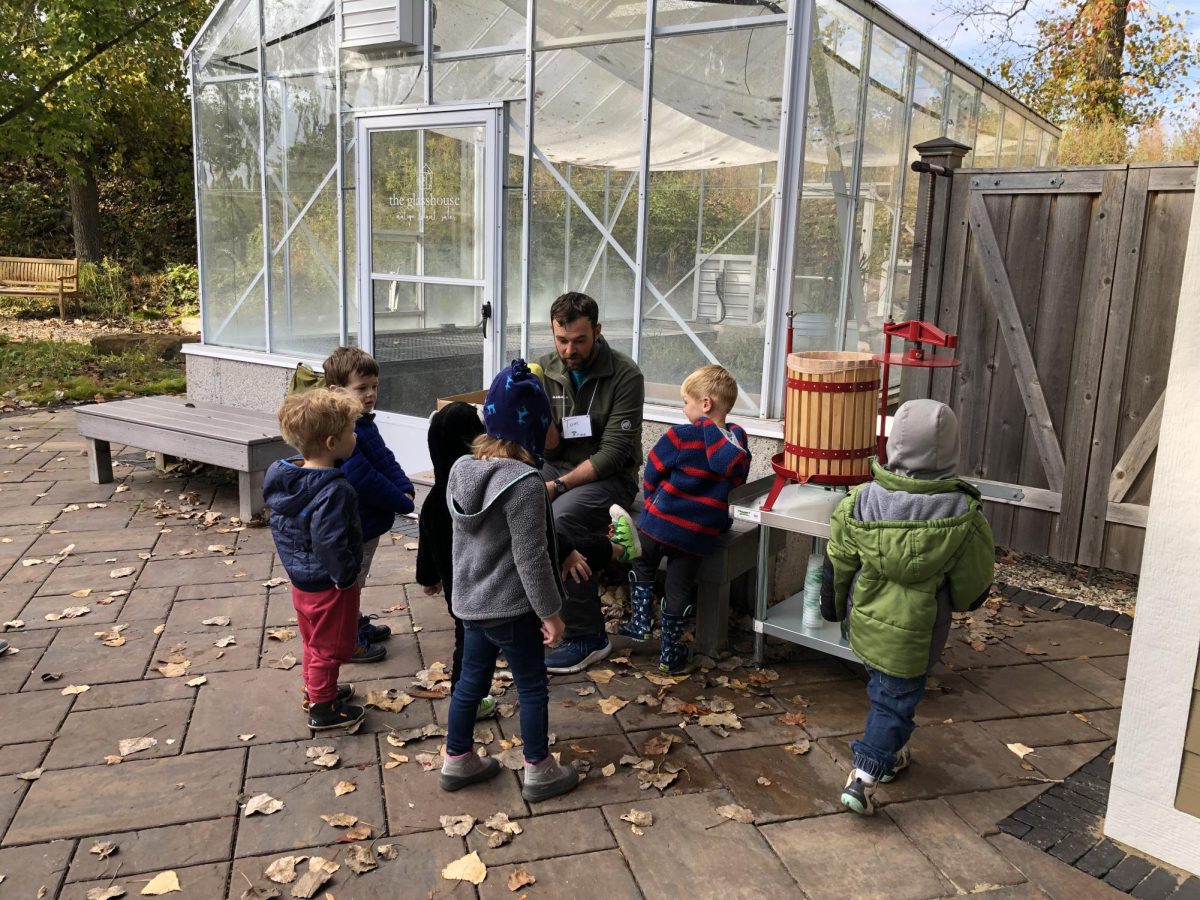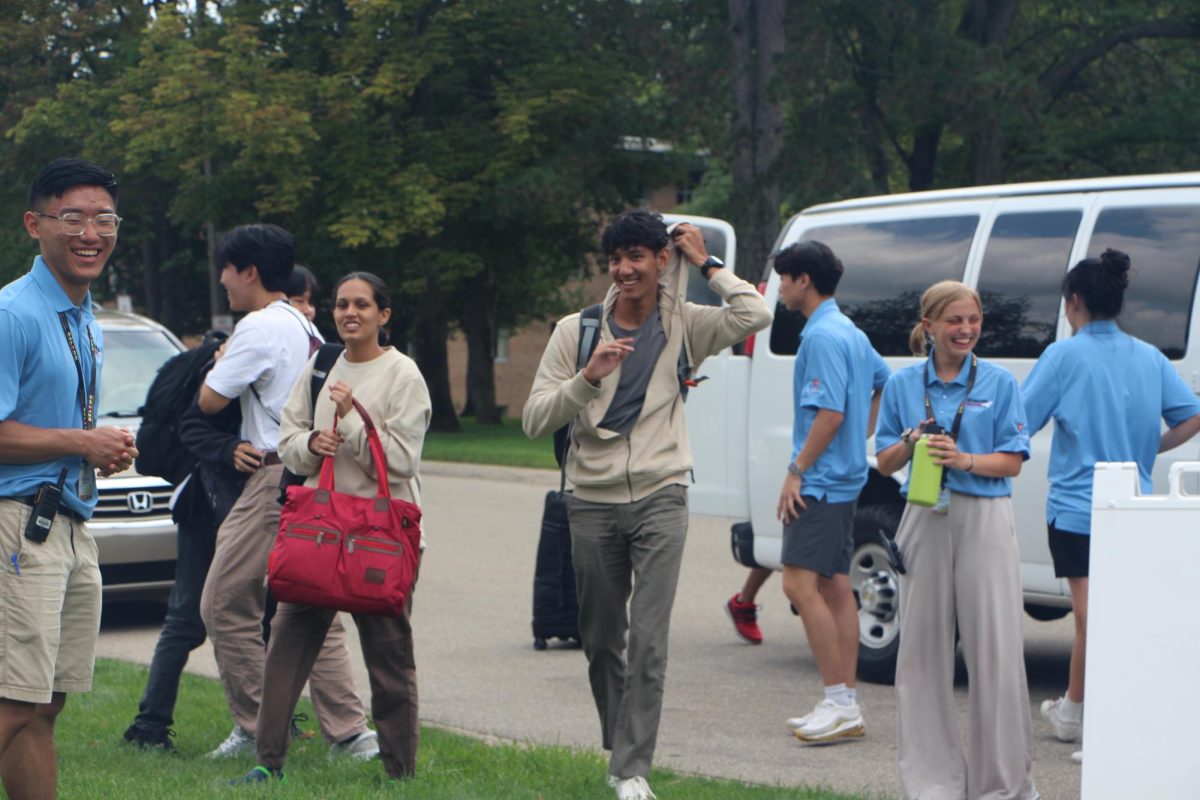Every winter at Calvin, it starts again. As the temperature outside drops, the posters go up, heralding big names and even bigger ideas. And each weekday in January, in a CFAC auditorium that’s full to bursting, a speaker steps up to the podium to enthusiastic applause.
To many returning Calvin students, the January Series feels like just a normal part of the college year. But they may not realize just how distinctive an event like the Series is to Calvin.
“This is very, very unique,” said Kristi Potter, director of the January Series. “We don’t know of any other kind of lecture series like this in the country where it’s 15 days in a row, and it’s free—it’s totally different.”
The Series, now in its 28th year, officially began back in 1987 when its director, June Hamersma, was hired by the Provost’s office. Before that, Calvin professors coordinated an “Intra-Midday Lecture Series” that drew a modest 50 people per session. But under the leadership of Hamersma and her public-relations expertise, the newly-dubbed “January Series” became a major event, drawing an average audience of 400 per day in its first year.
“She was quite a go-getter,” said Potter regarding Hamersma, her predecessor. “She had this dream of having a great lecture series on Calvin’s campus, and she was able to give us the great foundation that we have now that we’ve been able to build on. She was the one that gave the Series its original acclaim.”
Hamersma knew the importance of booking speakers who would talk about timely issues that people would be interested in seeing. For the 1988 debut session she brought in Professor Quentin Schultze, a well-known Calvin faculty member and recent author. His lecture regarding Christians in the mass media had over 700 attendees, most of them community members.
With that, Hamersma had begun building the reputation that would soon bring the January Series national recognition. She continued bringing in big names to give lectures, all the while working to ensure that the series remained an educational event, not a celebrity one. She especially made a point to invite speakers whose messages she didn’t agree with, so that listeners could hear their ideas and discern the truth for themselves.
The January Series received its first major award in 1994, when the International Platform Association, founded by Daniel Webster, awarded the January Series the Silver Bowl Award for “Best Campus Lecture Series in the U.S.A.” Calvin would take home the award twice more before the award itself was retired after 1999.
Potter said that at the awarding ceremonies, representatives from other institutions would approach Hamersma with questions. “The other ones would all say, ‘How do you even do this? Because none of us have a program like this.’” Potter said that she hasn’t heard of any lecture series with a similar format to the January Series. “They might have had a series that was four evenings in February, or something like that, or once a month for six months,” she said.
Other institutions sometimes write to Potter wondering how they can start their own version of the January Series. But she wonders whether the Series is even possible to replicate. “We’ve had such long history,” she said, “It’s really a momentum that’s built it into what it is. I’m not sure something like this could happen again.”
Potter said that part of this momentum is a strong reputation among lecturers and their agents. “Speakers, when they come here, they just love Calvin,” she said. “We’re all about hospitality and we’re all about making sure they have a great experience. And they love the students, they love the audience.”
When searching for lecturers to speak at the upcoming January Series, Potter looks to all sorts of references. She said that she gets at least one email a day from someone recommending an author or speaker to her. Periodicals, conferences, and knowledge of current events all help add to her list of ideas for the next year’s event.
“I’m always looking for what the trends are—what’s being talked about, what’s national and global news for the year.” Potter added that she almost never works more than a year ahead of time, because she wants to ensure the topics covered in the Series are always current.
Potter remembers a number of standout speakers and her experiences bringing them to Calvin. Eileen Collins, NASA’S first female space shuttle commander, was one of her favorite speakers to meet. Another was theologian N.T. Wright, whom she and Ruth Hamersma were able to take out to dinner.
One particularly memorable moment was when Rev. Elias Chacour, the Archbishop of Galilee, arrived in Grand Rapids. “He’d lost his coat in an airport on the way here. And we were in a blizzard,” she recalls. Potter had the privilege of leading the Archbishop himself through a local mall to buy a new coat.
The biggest change for the January Series in the past decade has been the addition of remote sites, where people can view the lectures from 46 locations outside of Calvin’s campus. “The reach is so much bigger,” she said. “And about two years ago we hit the point where we have as many people watching on campus as we do off campus.” Currently about 1100 people watch the Series daily from campus, and about 1200 view it remotely.
Potter said that for her, the most important audience is the student audience. She noted that she often hears about senior students who wished they attended more January Series lectures when they first came to Calvin.
“I always want to make sure that freshmen know right away that it’s a great experience,” she said. “These really great speakers are coming on campus, and it’s a unique opportunity for students to hear experts in different fields, and really be inspired by some really amazing people.”
As for the future of the January Series, Potter isn’t worried about finding new ways to keep it fresh. “We’re always staying in touch with what’s going on, so in that way it continues naturally to change. And that’s exciting. But it’s always going to be rooted in our faith and in wanting to grow and [find] ways to be learning and be thinking about things deeply. That will always be there.”




